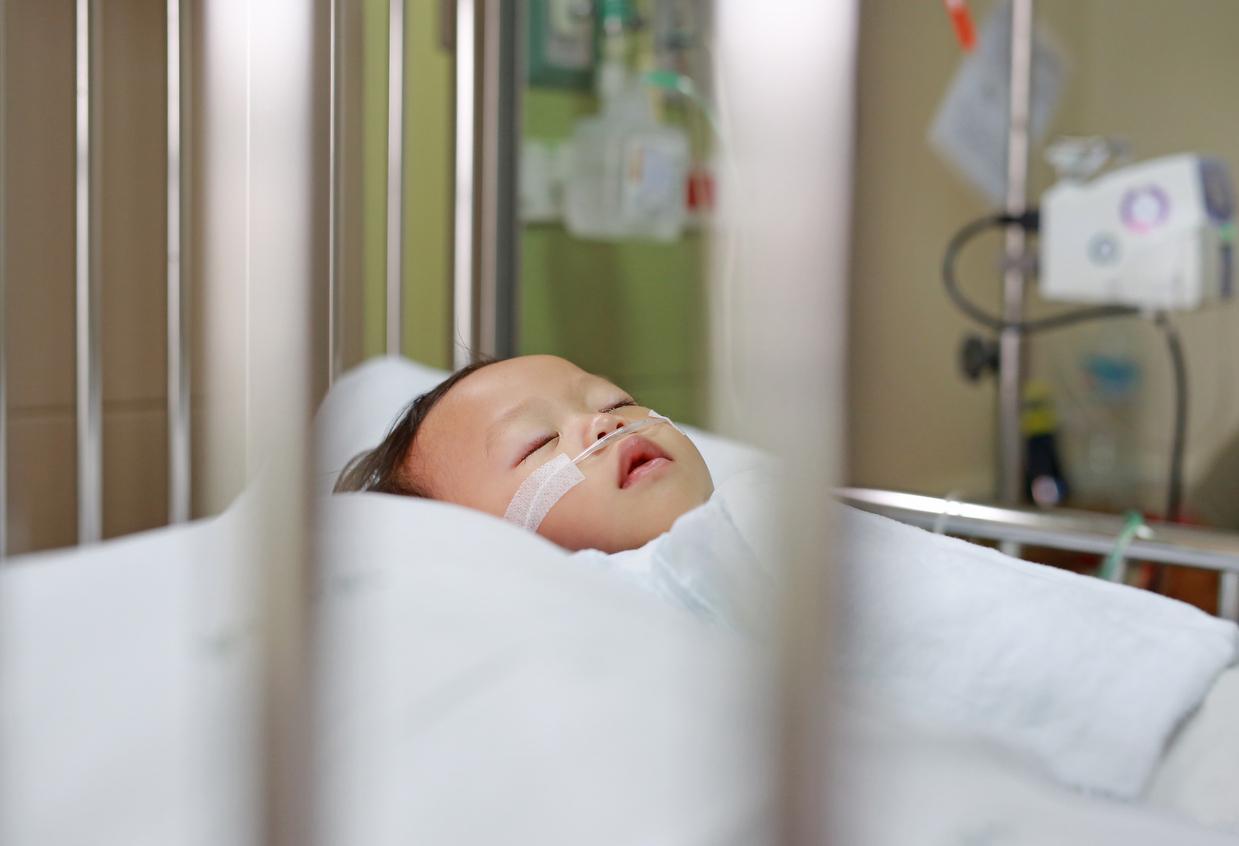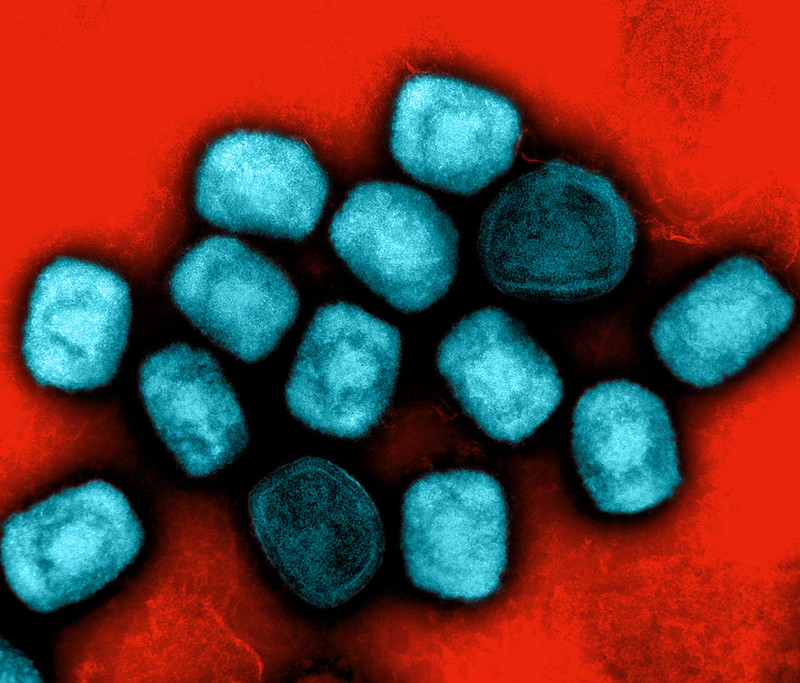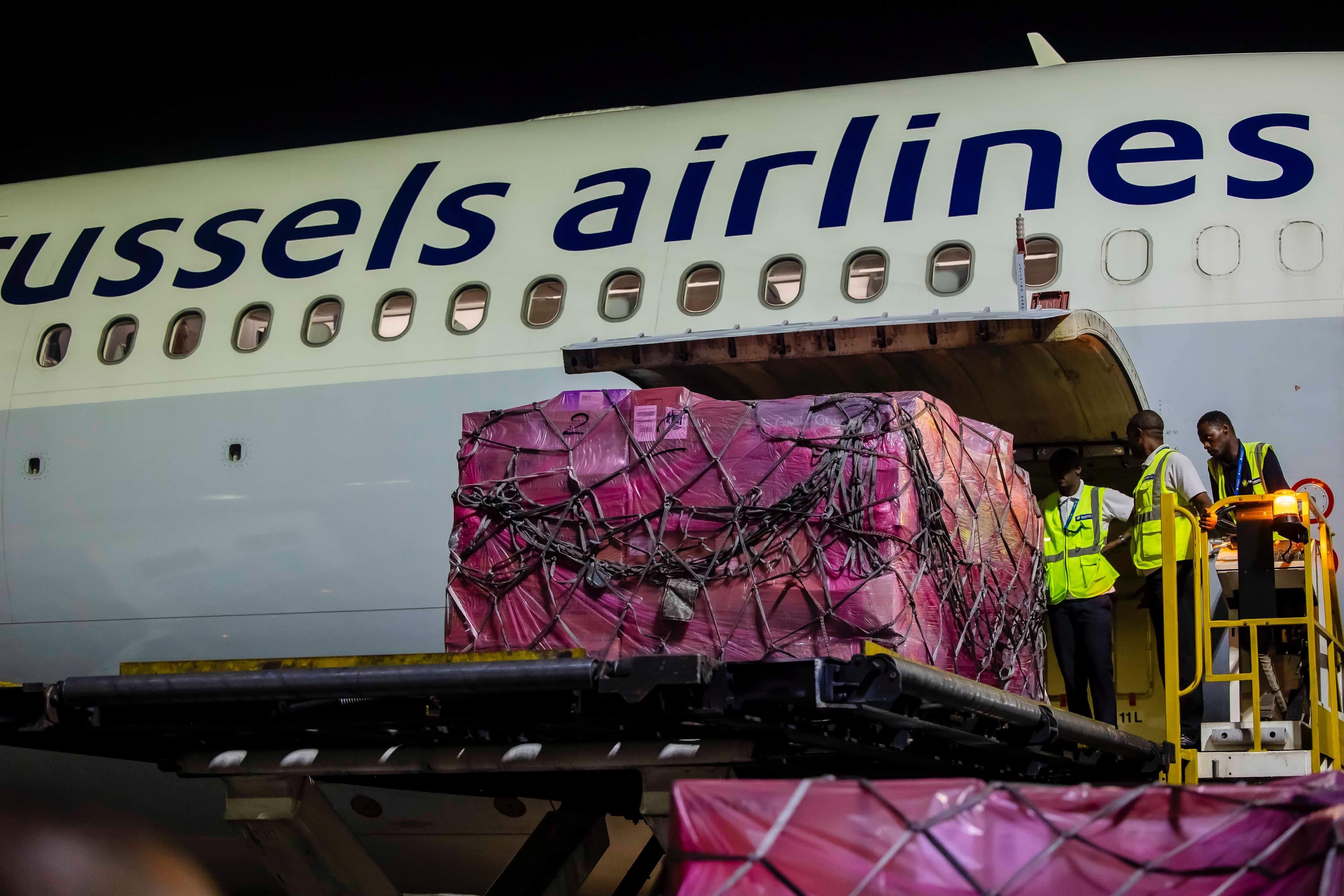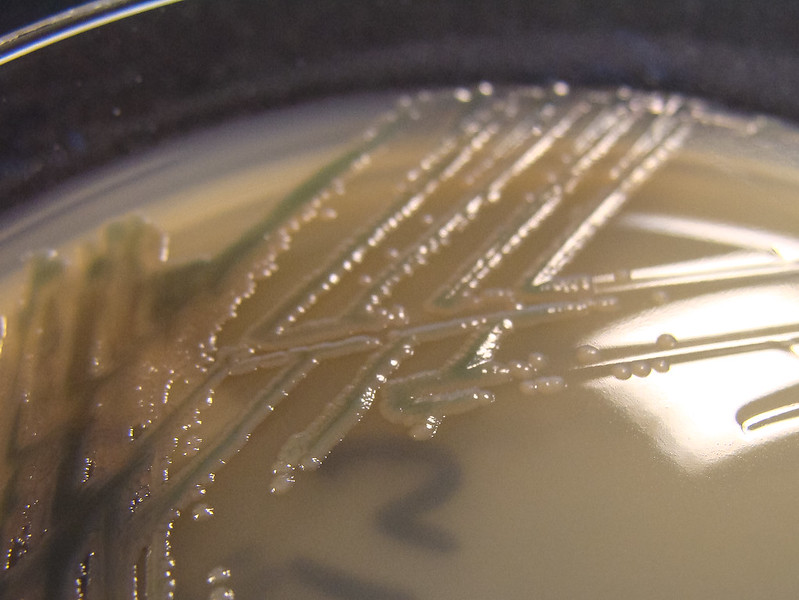
Researchers from Brigham and Women’s Hospital published new research in Science Translational Medicine showing that natural killer (NK) cells in some children may make them more prone to severe cases of respiratory syncytial virus (RSV).
The findings come from the results of airway swabs and blood samples taken from 47 critically ill children hospitalized with RSV and bronchiolitis and compared them to samples from healthy controls.
The authors found airway NK cells were increased in intubated children, those with severe hypoxemia, and those with prolonged duration of mechanical ventilation. Blood NK cells, however, were lower in sick kids compared to controls.
Similar pattern seen in COVID patients
An NK cell is one of the "first responders" to viral infection, the authors explained, but too many NK cells in the airway can trigger lung inflammation. Conversely, too few NK cells in . peripheral blood samples suggest ill children had altered activating receptor expression, and their NK cells did not perform their immunological function of killing diseased cells.
The research group also found similar patterns in literature on NK cells and COVID-19 patients.
Our findings fit with data from some studies in COVID-19, which reported that patients with the most severe symptoms also had increased NK cells in their airways.
"Our findings fit with data from some studies in COVID-19, which reported that patients with the most severe symptoms also had increased NK cells in their airways, " said study author Melody G. Duvall, MD, PhD, in a press release from Brigham and Women’s Hospital. "Together with previous studies, our data link NK cells with serious viral illness, suggesting that these cellular pathways merit additional investigation. "














